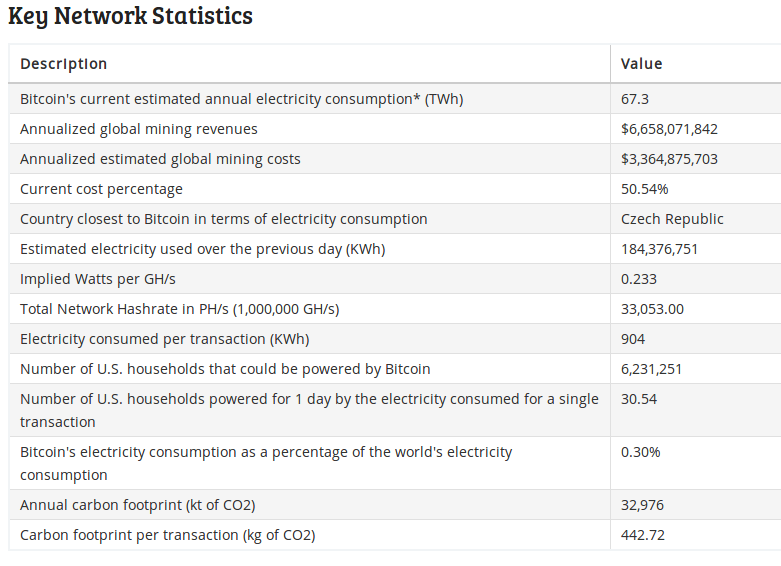The United States has over 90,000 metric tons of nuclear waste that requires disposal. The U.S. commercial power industry alone has generated more waste (nuclear fuel that is “spent” and is no longer efficient at generating power) than any other country—nearly 80,000 metric tons. This spent nuclear fuel, which can pose serious risks to humans and the environment, is enough to fill a football field about 20 meters deep. The U.S. government’s nuclear weapons program has generated spent nuclear fuel as well as high-level radioactive waste and accounts for most of the rest of the total at about 14,000 metric tons, according to the Department of Energy (DOE). For the most part, this waste is stored where it was generated—at 80 sites in 35 states. The amount of waste is expected to increase to about 140,000 metric tons over the next several decades. However, there is still no disposal site in the United States. After spending decades and billions of dollars to research potential sites for a permanent disposal site, including at the Yucca Mountain site in Nevada that has a license application pending to authorize construction of a nuclear waste repository, the future prospects for permanent disposal remain unclear.
Source: U.S. GAO – Key Issues: Disposal of High-Level Nuclear Waste







